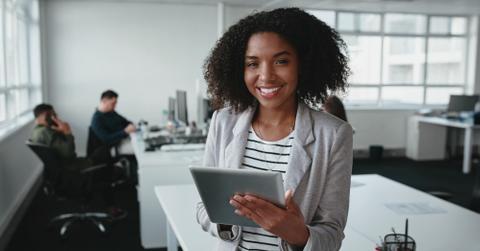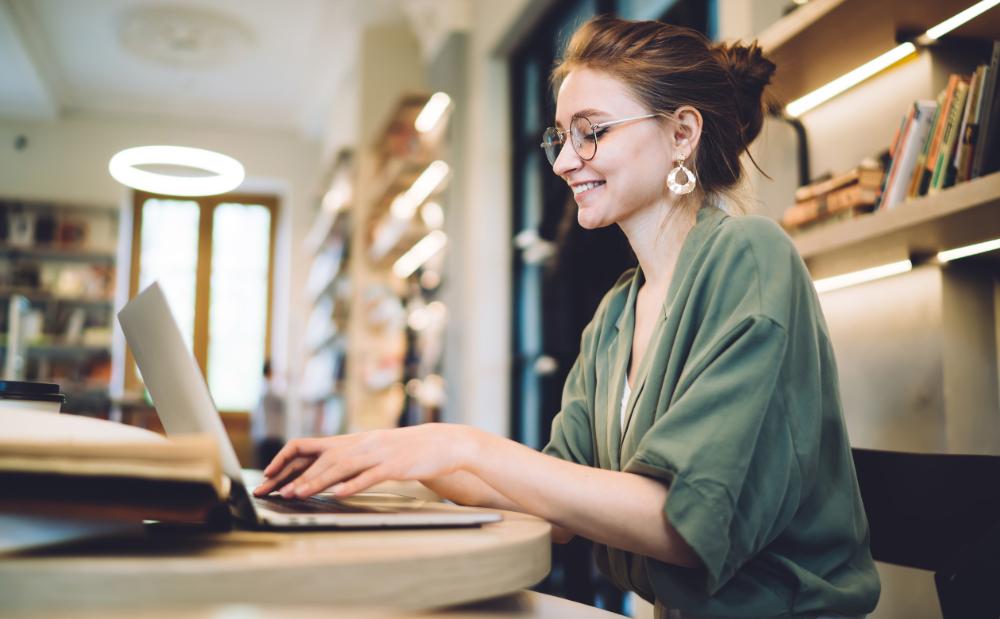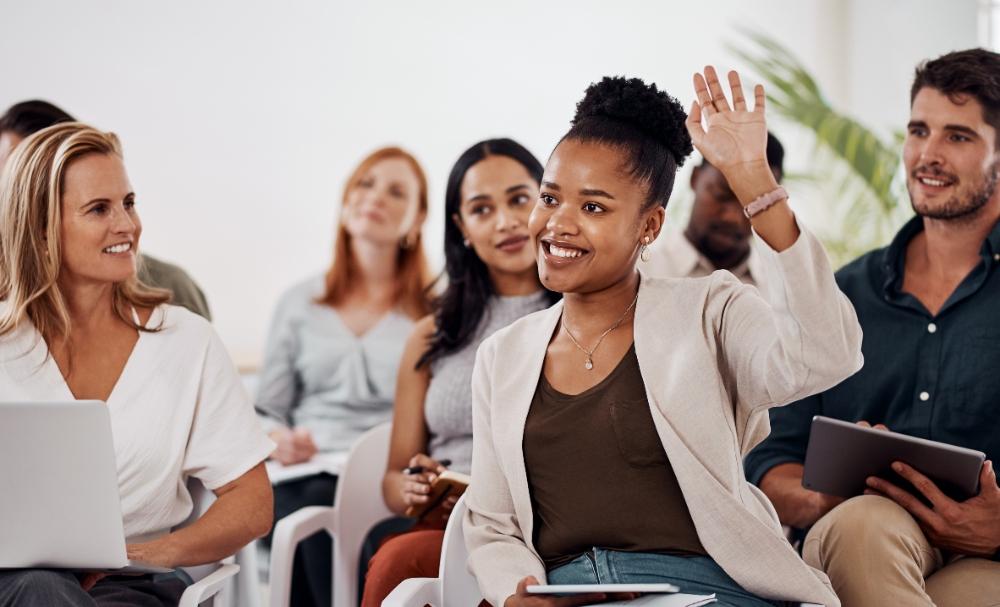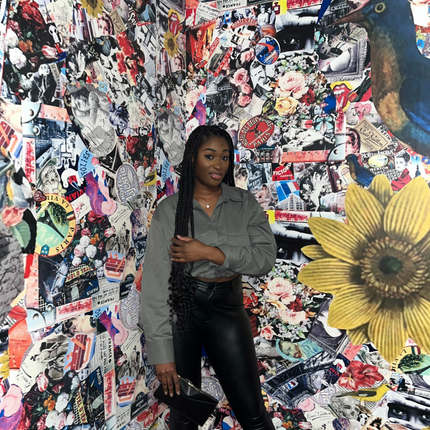Post-Pandemic Blues: How Entry-Level Professionals Are Coping With Uncertainty

I think it’s fair to say that college students had no idea of how perturbing the COVID-19 pandemic would become. We all witnessed how quickly the world was shut down once the virus spread among global populations at a rapid rate. We were told to strive and cope in a “new normal.” Three years later, I’m still learning about how COVID-19 has immensely affected people, including myself.
I was in my sophomore year of college when the pandemic first hit the U.S. It was after midterm week, and everyone had been relieved of exam preparation stress. We were busy discussing plans for going home or traveling overseas. It was a fun year. I had an awesome social life, was taking courses that I enjoyed, and I was fulfilling my connection to the “university experience.”
Then suddenly, we were all sent home and unauthorized to return to campus until, well, it was safe to do so.

At that point, it was time for me to let go of the hope of completing my sophomore year on campus. The only time we were allowed back on the grounds was to pack and move out. Being on lockdown triggered a lot of anxiety, and first few months were tough. I’d keep asking myself, “Why is my anxiety heightened? Where is it coming from?”
When you’re locked in, with restrictions on where you can go, you’re forced to either sit with yourself or just use social media. Everything on popular platforms was overt and exaggerated. It was like everyone had a point to prove and was deprived of receiving external validation from the world we all were locked away from.
Everyone was losing their minds. If you weren’t doing the Savage Challenge on Tik Tok, you were watching how celebrities spent their lockdown. I felt as a society we’d lost our sense of selves and common decency.
However, the lockdown also allowed me time to reflect. I thought deeply of the issues that my sophomore year would’ve brought me if it had played out in person. I was able to finalize the things that didn’t serve me like navigating and exiting weird friendships, trying to understand college hook-up culture (which I personally felt wasn’t beneficial to me), cutting people off without remorse, and taking accountability.
It was a huge wake-up call. Yes, I felt shame, I felt disappointed, but it all was necessary. In a sense, the lockdown ushered in growth into my life. I was so determined to introduce the newest version of myself into the world post-pandemic.
Two years later, I returned to campus and struggled with transitioning back to in-person learning. I felt that my college experience was fast-forwarded. Imagine completing a semester’s worth of online courses normally completed in a year and a half, and they were all upper-level division courses. During the pandemic, the college experience had been reduced to just work, and then we were back in person to do the exact same thing.
Plus, what about figuring out how to have a social life again or getting your on-campus job back? And let’s not forget, masking up and protecting ourselves from the virus.
I was naive for thinking that it would be an effortless transition because I was supposedly picking up where I left off. When I realized that nothing was the same, I knew that my mental health was negatively impacted by the pandemic. I also knew that it wasn’t just me.
In a study conducted in March 2020 byPenn State Student Affairs,nearly 50,000 treatment-seeking students at 140+ institutions completed a survey asking what areas in their lives had been negatively impacted by COVID-19. THe most common areas affected were mental health (72%), making this the highest area of impact and “considerably more nuanced than generally reported,” followed by motivation or focus at 68%, loneliness or isolation (67%), experiences or opportunities (60%).

I had graceful professors during my senior year of college. They recognized our struggles and worked at figuring out solutions to help us in having a smoother transition
After graduation, I felt relieved that the stress with school was all over. Then came the next chapter of my life: adulthood. And that reality didn’t take any long to sink in. After all the studying and hard work to get the degree, nothing would’ve prepared me for the hardships to come during post-graduation. When I secured a full-time role, I felt like I was on top of the world! Once I got there, I immediately knew the job wasn’t the right fit for me.
With the consistent toxic work culture being displayed, I took the leap of faith and left, putting myself back at square one: The job search. It felt like a total setback. I know the transition from COVID-19 to the “new normal” was tough on everyone, but to recognize how poor the transition was in an industry that encourages forward movement and the management’s inability to support this change was an eye-opener for me.
However, through it all, I’ve learned to take a step back, rest, and embrace the experience. Most millennials I’ve spoken to always talk about how much they yearn to have their 20s back and how life wasn’t truly figured out until they’d reached their 30s. From their experiences, it’s made me recognize and learn that I am doing my best and that it is totally OK. I also deserve to acknowledge when I am not my best and learn to accept that sometimes it’s okay to not know what you’re doing. And so should you.
The pandemic has completely shifted what we’ve hoped for promising futures to be. But with wisdom and experience, there’s no doubt that the world is better equipped at figuring out how to prepare for the future. Several months out of college and into what they call “the real world,” a new journey lies ahead for me to navigate. COVID-19 may have taken away a lot, but I have gained so much: A unique college experience, a stronger sense of self, a newfound purpose, unforgettable life lessons, knowledge, empathy and grace to extend to others who may be struggling to find their way.






